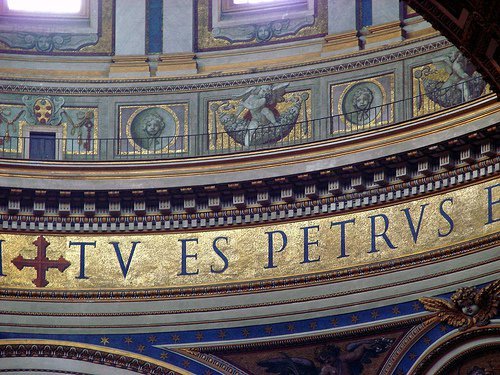In this fine article by Thomas E. Woods Jr. about the Latin Mass, I came across a noteworthy observation from Barbara Kay. Woods describes Kay as a woman “who attends an all-Hebrew service at her synagogue”. She offers her perspective on the importance of worshipping in an ancient tongue and I think it is well-worth sharing.
The power of liturgy to lift us out of our narrow practical and material pursuits is not dependent on our understanding of every actual word we are saying, any more than our emotional submission to classical music’s soaring magic is dependent on our ability to read the score that produced it. . . . An ancestral, globally employed language like Hebrew or Latin provides a context for predictable and organic communion amongst those present at the service. Through regular engagement, even though rote, with a universally recognized language, worshippers are subliminally imbued with a common motivational narrative from the past, common moral goals in the present and intimations of a common destiny in the future. (National Post, “Latin’s Second Coming,” October 18, 2006)



